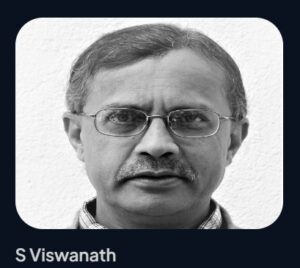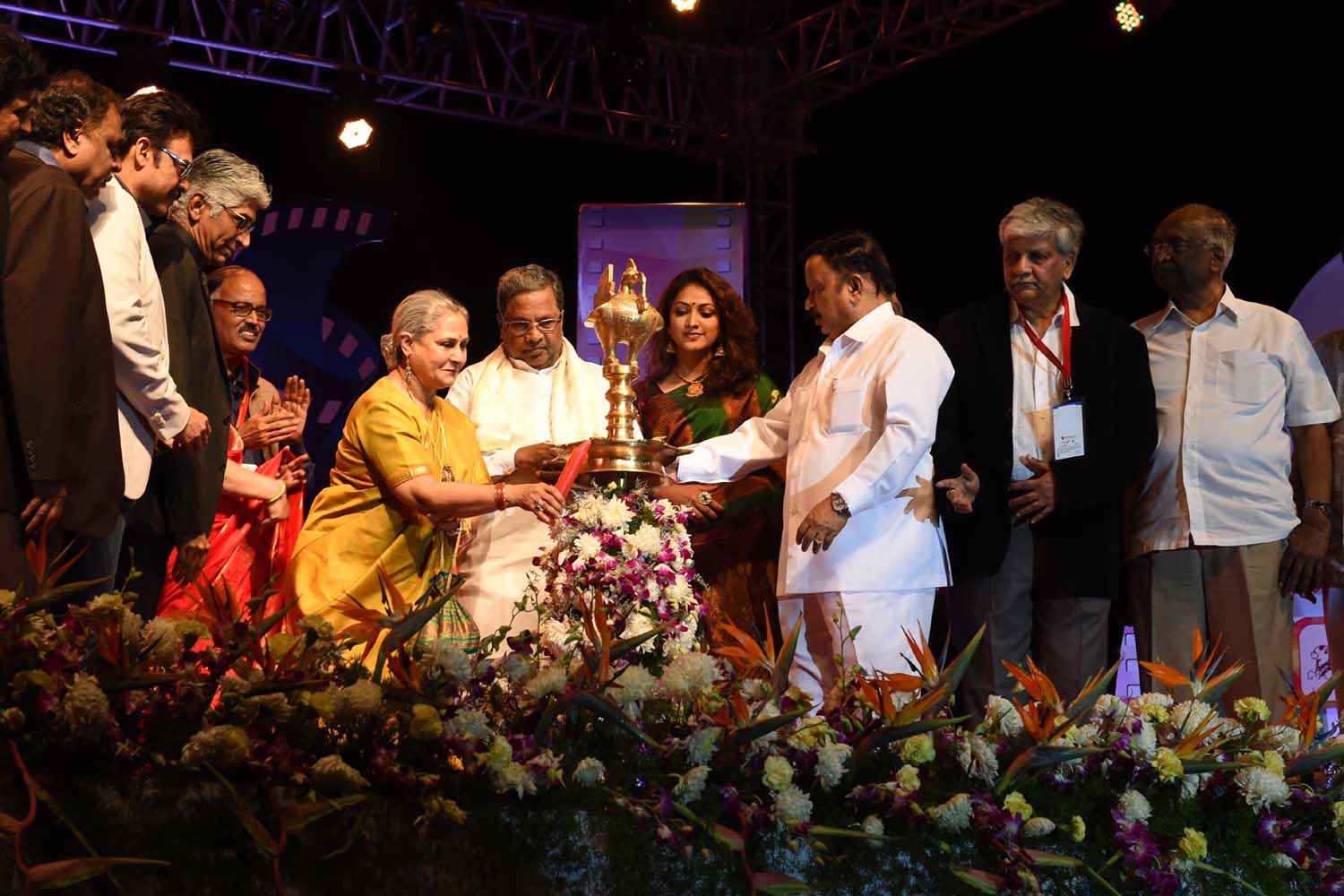Cinema, which was anathema in Saudi Arabia, till late-2000s, however, took a 360 degree turn, thereafter, post 2017. Today, it is a thriving entertainment industry, thanks to Crown Prince Mohammed bin Salmanwho ushered in a raft of trailblazing initiatives freeing cinema from the religious conservatives diktat of 1980s.
The Crown Prince, who announced changes to improve quality of life in the Kingdom through entertainment, also, as part of his forward looking, pro-modernist social vision, lifted ban on women in military, sporting events and, more importantly,driving cars.
Freeing cinema thirty-five years since the ban was imposed as part of Islamic revival movement of the 80s, the Kingdom of Saudi Arabia ruler ensured cinema going culture not only spread rapidly in Saudi Arabia to become an integral part of Saudi lifestyle but that Saudi Arabia Cinema Market would reach US$1.70 billion by 2030, according to Renub Research, growing at a CAGR 20.04% between 2022 and 2030.
Terming it as “watershed moment in the development of the cultural economy in the Arabian Peninsula’s richest kingdom,” Minister of Culture & Information Awwad bin Saleh Alawwad averred “opening cinemas will act as a catalyst for economic growth and diversification; by developing the broader cultural sector we will create new employment and training opportunities, as well as enriching the Kingdom’s entertainment options.”
Nothing can be truer than the stupendous strides Saudi Arabian entertainment industry and cinema, in particular, has been making since then. Film festival after film festival, has seen the participation of films by young Saudi Arabian directors, and more importantly, the emergence of Red Sea International Film Festival to provide the perfect platform for emerging talents in the region.
The emergence of female-focused content and narratives addressing women’s experiences and empowerment has resonated with female viewers, further driving their participation in the cinema market.
It is in this regard that the Special Mention of Norah, exceptionally strong debut,which competed in the Un Certain Regard section of 77th Cannes Film Festival, marks another milestone in Saudi Arabian film industry.
The 94 min gem by director Tawfik Alzaidi,in fact, takes audiences back to the dark times when artistic expression was banned setting his film in a small remote Saudi Arabian village, in the 90s and women were confined and constricted by strict, God-fearing rules about gender separation and early marriage.
The film, through its protagonist, Nader, new schoolteacher and artist, highlights the basic human need to communicate through art. The teacher-artist’s talent being spurred when Norah, ignites the creativity inside him and inspires him to sketch again.
Packed off from City, to the remote tradition bound desert village, as his free-thinking doesn’t gel with towns people, Nader is tasked with introducing literacy, teaching the local boys a curriculum beyond the Quran.
The film, which competed in a field of 19 other films from around the world, bespeaks of the growth of women in Saudi Arabia cinema market being driven by social and cultural changes that promote gender equality and provide more opportunities for women. The film’s tagline “The Girl Beyond the Mountains,” says it all about the drift of the film and the director’s innate vision of his narrative to hold a mirror to a bygone past and a present and future that is happening today.
Entirely shot in AlUla – it speaks of how orphaned Norah, brought up by her uncle and aunt,defies traditional and conservative conventions imping women, gaily listens to music and pores over fashion magazines. It is her own dream to appear on the magazine cover and its pages that speak of fashion, gossip, cinema and celebrity doings sees her nudge Nader to follow his passion for sketching and do her portrait.
The precocious and determined young girl, uses the local ‘respectable’ genial grocer as backchannel, for procuring the glossy magazines smuggled from nearby cities, epitomising the new aspirational young women, who defines the expected conventions, helps her brother with homework, longing to look as glamorous as one of “city people” she discovers in the colour supplements she reads about. Betrothed to a local man at the bequest of her family, Norah’s rebellious leanings are clear by the way she dances in the private dormitory.
She is intrigued to hear that the new teacher, Nader, has a talent for sketching. and with a helping hand from the shopkeeper, meets the artist, though their respect for local customs makes it harder for him to complete the portrait of her.
As the two form a delicate connection and a quiet bond, it brings Nader his artistic mojo as Norah cajoles him to sketch her, while, he, in turn, enlightens Norah, who dreams of a life beyond her immediate surroundings, on the world outside her tiny community,to realise which, she must leave, and find a place where she can be free to express her artistic self.
Through sharp, soft focused close-ups of both characters, Alzaidi, his cinematographer Shaun Harley Lee and editor Mounir Soussi weave a series of silent, static evocative moments, that symbolises the times they are living in.
The expanse desert landscape and the dim, darkly lit interiors of the dwellings are all captured enchantingly to create the milieu and mood of the film – the freedom yonder beyond and the shackles within that needs to be shattered.
Impervious to the dangers of discovery and social opprobrium, the two set about to execute Norah’s desire, while the betrothed lass poses for the artist’s easel with a wooden wall separating them and a widow sufficient for the job to be done.
“People are to be pitied. They hide their feelings behind anything. Even behind fear. Or themselves. I envy you. You can hide behind your veil,” says the artist to his muse, the words echoing both his own situation and hers as well.
Norah, in Arabic means light. True to the title, the film not only sheds light on the dark past but also what the future holds when one wills and dares to defy the customs and give wings to one’s individual freedom and empower oneself to face the society against all odds freeing oneself from the dark confines of social and traditional customs bound constrictions.
Incidentally, it may be pertinent to recall that the 2012 film Wadjdawith an all-Saudi castwas the first feature film shot entirely in Saudi Arabia, while Barakah Meets Barakah by director Mahmoud Sabbagh was shot in Jeddah in 2015, premiered the 66th Berlin International Film Festival, making it the first feature film to participate in the festival, where it won a jury award at the festival.
Wadjda was selected as the Saudi Arabian entry for Best Foreign Language Film at the 86th Academy Awards – the first time the country made a submission for the Oscars. It earned a nomination for Best Foreign Film at 2014 BAFTA Awards.
The Perfect Candidate a 2019 Saudi Arabian drama film directed by Haifaa al-Mansourwas selected to compete for Golden Lion at the 76th Venice International Film Festival. It was also selected as Saudi Arabian entry for Best International Feature Film at the 92nd Academy Awards.
Within Sand, the first Saudi Arabian film to be shot in the futuristic city of Neom, directed by Moe Alatawi is a sci-fi thriller set in a dystopian future where water is scarce and the world is on the brink of collapse.
The film, released last November, explores themes of environmentalism, inequality, and the dangers of unchecked technological advancement and won the Jury Prize winner at the Red Sea International Film Festival last December.
The 2023 Night Courier (Mandoob)set in the heart of throbbing Riyadh, is a gripping tale of a well-meaning son racing against time to save his ailing father and snared in drug trafficking racket.
Indeed, films like Norah and those that have preceded and expected to follow suit, speak of the new found freedom the Saudi women and their ilk have been witnessing as also the sense of openness and liberalism sweeping the art and cultural scene in the kingdom reigned by a new, young and dynamic ruler seeking to imbibe the best of the West while still ensuing one’s culture and tradition is not upended as winds of change bring in new hopes and aspirations among the diaspora.
by
S Viswanath who is veteran Film Journalist / Critic & involved in various key capacities at many International Film Festivals circuits across the Globe also co-author of book ‘Random reflections: kaleidoscopic musings on Kannada cinema.
















Leave a Reply